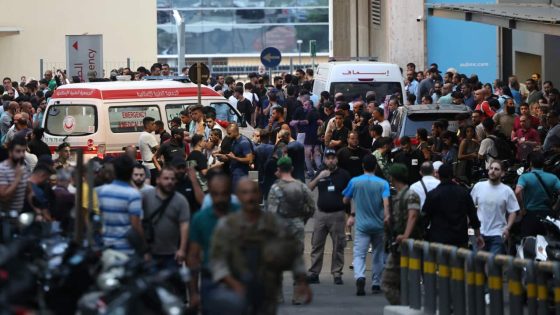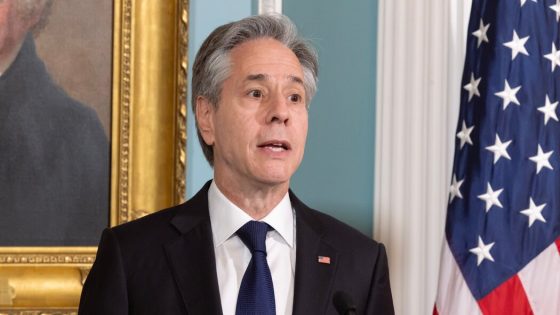Treasurer Jim Chalmers is urging Australians not to travel to Lebanon, expressing concerns of a wider conflict after hand-held devices exploded inside the country.
On Tuesday, thousands of pagers, reportedly bought by the militant organisation Hezbollah five months ago, blew up in Lebanon’s south.
, with Lebanon’s health ministry reporting 32 people were killed and at least 3,450 injured in the two waves of explosions.
Chalmers signalled the “remarkable scenes” could lead to the further deterioration of the country’s security situation and have broader implications for the region.
“For us more broadly, from an Australian point of view, we are gravely concerned about the human consequences of an escalation of a much broader and wider regional conflict in the Middle East,” he said on Thursday morning.
“It’s another reminder I think to Australians: do not travel to Lebanon.
“We’ve been saying that for some time now. Make sure you don’t go near Lebanon, it is a dangerous place for Australians to visit right now and we’re seeing that in some of this footage.”
Foreign Minister Penny Wong echoed Chalmers’ concerns, saying Australians should use the commercial flights still available to return home.
The Australian government’s Smartraveller platform updated its warning for Lebanon on 18 September, encouraging travellers to “leave immediately”.
“The security situation could deteriorate rapidly throughout Lebanon with little or no notice,” the website reads.
With many airlines postponing or cancelling flights, the government recommends Australians “take the first available flight and not wait for a preferred route”.
said the attacks were a “sickening” escalation of regional tensions.
“The horrific pagers attack that killed nine people, including a young child, and left thousands wounded across Lebanon is exactly the type of sickening warfare people in Naarm/Melbourne were protesting against. The perpetrators must be held to account,” she said.
While Israeli officials have not commented on the explosions, a senior Lebanese security source claims Israel’s spy agency Mossad was behind the attacks.
The official told Reuters that Mossad, which has a long history of sophisticated operations on foreign soil, planted explosives inside pagers imported by Hezbollah months before Tuesday’s detonations.
Israeli defence minister Yoav Gallant confirmed the army was relocating troops and resources north, where Lebanon borders Israel.
Australia, along with the US, Israel and a number of other countries, consider Hezbollah to be a terrorist organisation.
Source Agencies


